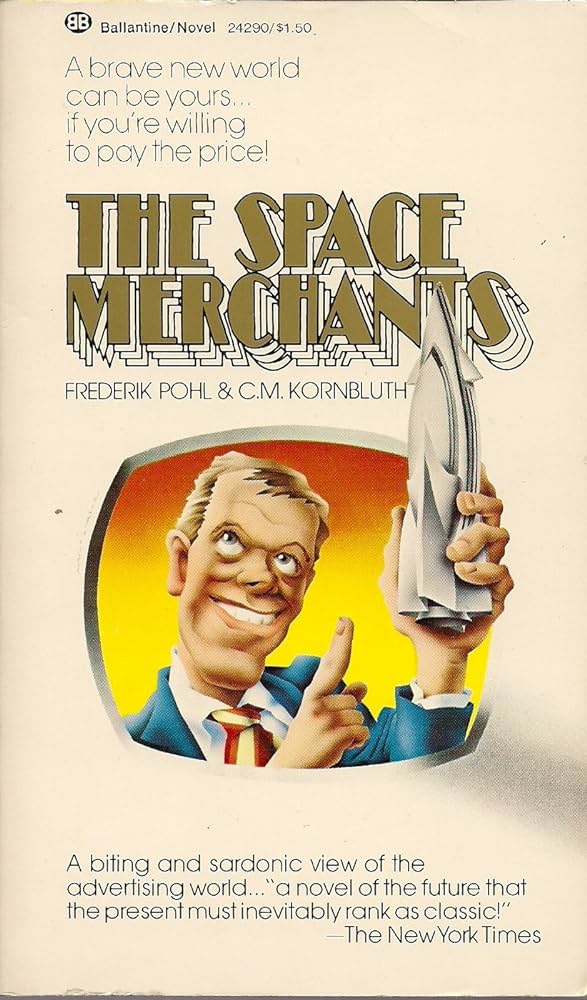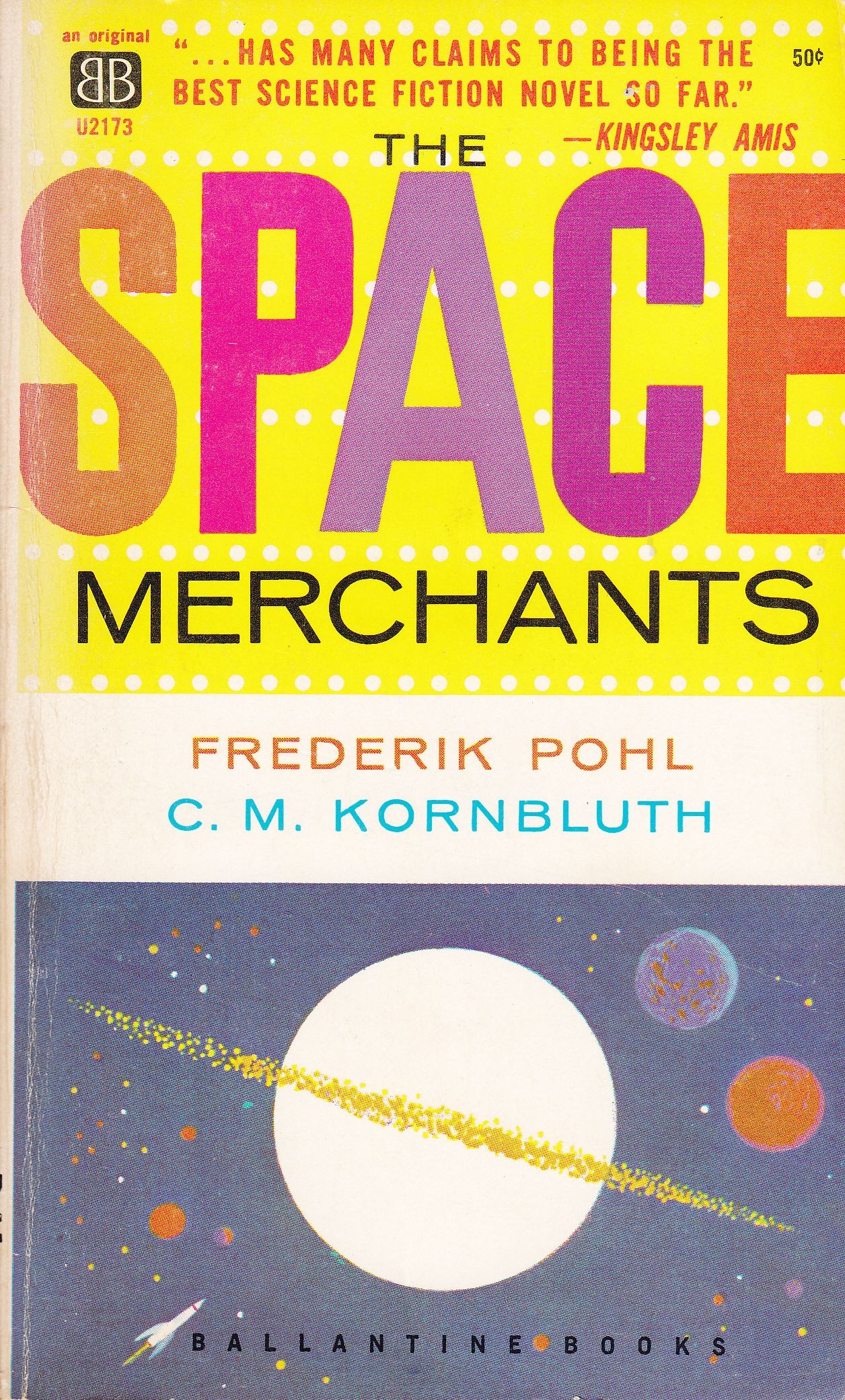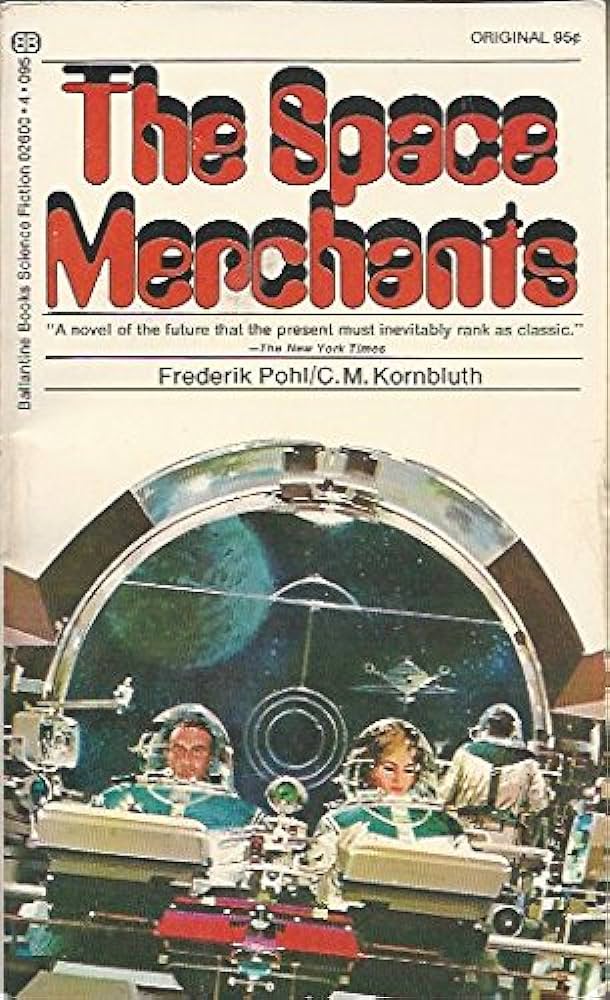SEMIOPUNK (7)
By:
November 5, 2023
An irregular, ongoing series of posts dedicated to surfacing examples (and predecessors) of the sf subgenre that HILOBROW was the first to name “semiopunk.”
BABEL (2022) | BABEL-17 (1966) | CAMP CONCENTRATION (1968) | A CANTICLE FOR LEIBOWITZ (1959) | CAT’S CRADLE (1963) | COSMONAUT KEEP (2000) | THE DIFFERENT GIRL (2013) | DOOM PATROL (1987–91) | THE EINSTEIN INTERSECTION (1967) | EMBASSYTOWN (2011) | ENGINE SUMMER (1979) | EXPLOITS AND OPINIONS OF DR. FAUSTROLL, PATAPHYSICIAN (1911) | FEERSUM ENDJINN (1994) | FLATLAND (1884) | FRIDAY (1982) | LE GARAGE HERMÉTIQUE (1976–79) | THE GLASS BEAD GAME (1943) | GLASSHOUSE (2006) | GRAVITY’S RAINBOW (1973) | THE HAMPDENSHIRE WONDER (1911) | LORD OF LIGHT (1967) | THE MAN WITH SIX SENSES (1927) | THE MOUNTAIN IN THE SEA (2022) | NINEFOX GAMBIT (2016) | ODD JOHN (1935) | PATTERN RECOGNITION (2003) | THE PLAYER OF GAMES (1988) | RIDDLEY WALKER (1980) | RODERICK (1980–83) | SNOW CRASH (1992) | THE SOFT MACHINE (1961) | SOLARIS (1961) | THE SPACE MERCHANTS (1953) | THE THREE STIGMATA OF PALMER ELDRITCH (1964) | TIME OUT OF JOINT (1959) | UBIK (1969) | VALIS (1981) | A VOYAGE TO ARCTURUS (1920) | VURT (1993) | WHITE NOISE (1985).
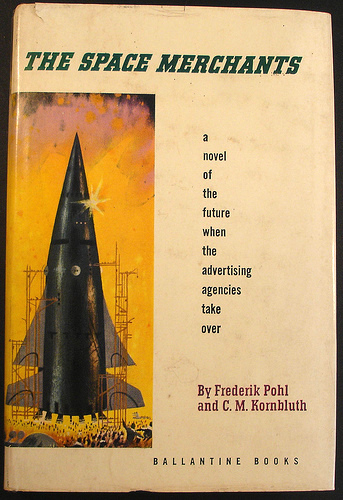
THE SPACE MERCHANTS
Frederik Pohl and C.M. Kornbluth’s story’s original title, Gravy Planet — from when it was serialized in the July and August 1952 editions of the sf pulp Galaxy — is snappier. The “____ in space” cliche was apparently seen as a reliable way to move units though… witness the many editions of this book whose cover illustrations are all about space travel. Which is really not what the book is about….
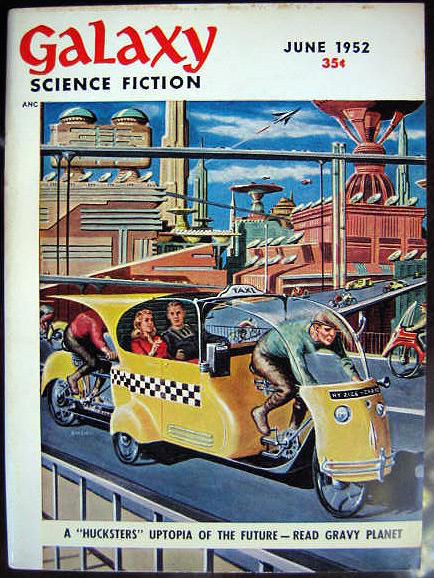
The Earth’s population is soaring, nature is polluted, the wildlife is decimated, and we’ve passed the point of peak oil. The quality of peoples’ lives is poor: apartments (even for the wealthy) are tiny, food is synthetic and bland, and the streets of cities like New York are crowded with bicycle rickshaws. Yet the populace isn’t miserable — thanks to the inescapable advertisements that keep them purchasing addictive snacks and drinks — like “Popsie” and “Coffiest.” Meat comes from a lab-grown product with the cute name “Chicken Little.” (In 2009, when scientists in Holland grew meat in the laboratory for the first time, New York Times columnist Paul Krugman was quick to remind his readers about Chicken Little: “Yum.”)
“The savagely gaudy image here painted of a dystopian future crippled by overpopulation and ecological degradation, dominated by advertising and de facto ruled by private corporations, now seems remarkably prescient.” — Science Fiction Encyclopedia. Minus the cyberspace stuff, The Space Merchants is an ancestor of cyberpunk. And yes, in several respects it does feel as though our world has moved in this direction. Huge, amoral, transnational corporations haven’t yet taken the place of governments, in real life… but one can’t help but feel as though we’re not far off from that eventuality.
Ace copywriter Mitch Courtenay, whose powerful advertising agency, Fowler Schocken Associates, has landed the plum assignment of persuading inhabitants of the overcrowded, resource-poor Earth to emigrate to (nonexistent) homes on the newly colonized Venus (a hellhole), winds up amongst those he most despises, i.e., environmentalist rebels… who want him to instead put his Faustian abilities to work promoting their movement’s “functional and emotional benefits” (as the marketers with whom I work would no doubt put it). Note that Fowler Schocken has won the entire “client” — not just promoting the colonization of Venus, but the exploration, logistics, and construction too. In this topsy-turvy world, marketing doesn’t promote goods and services… it creates the desire for goods and services which it then conjures into being. As Mitch will discover, thanks to the machinations of a rival firm (or is it an intra-corporate rival?) this entire infernal machine is powered by a vicious circle of production and consumption wherein the average consumer is forced to spend their wages on goods that help make their labor bearable.
Before he became well-known as an sf author (thanks to this novel), and long before he became an editor at Bantam Books (where he’d publish such future classics of serious speculative fiction as Samuel R Delany’s Dhalgren and Joanna Russ’s The Female Man), Pohl spent several years working in advertising — which is what lends this far-out story a certain hardboiled, proto-Mad Men-ish verité.
I should note here that when Pohl was still in the early stages of writing this story, his old friend Cyril Kornbluth — also at the very start of his career in sf — wrote a new twenty-thousand word middle section for it. The two men collaborated on the third section; then Pohl revised the whole thing. It was revised again for the 1953 book version.
In 1960, Kingsley Amis suggested that The Space Merchants “has many claims to being the best science-fiction novel so far.” The New York Times: “These writers have projected a civilization built on the code of the huckster, where the account executive is king and his captive audience just that — a mass of helpless, hapless serfs, living by the law of the singing commercial.” These critics and other fans of the book are responding to Pohl’s intuition that the brain can be hacked by language — that the science of marketing may become advanced enough to transform individuals into robotic consumers.
I was becoming the kind of consumer we used to love. Think about smoking, think about Starrs, light a Starr. Light a Starr, think about Popsie, get a squirt. Get a squirt, think about Crunchies, buy a box. Buy a box, think about smoking, light a Starr. And at every step roll out the words of praise that had been dinned into you through your eyes and ears and pores.
Mitch finds himself turning into such a dehumanized creature — because he started life outside of the typical consumer’s milieu — and thus achieves the sort of raised consciousness that Marx and Engels feared simply wasn’t possible for most laborers.
Worth noting: In Pohl’s 1966 story “The Man Who Ate the World,” a child starved for affection grows up to be a dangerously psychotic consumer — one whose hyper-consumption threatens the stability of the local area. And in “The Midas Plague” (1975), the protagonist exists in a world where social status is linked to levels of consumption… so he cleverly sets his robot servants to consuming products on his behalf, leaving him free to enjoy the Bataille-esque luxury of not consuming.
Because I’m an sf fan who works in the esoteric outer reaches of consumer research (i.e., semiotic brand analysis), people occasionally ask me whether I was influenced at an impressionable age by The Space Merchants — which depicts a world dominated by the economic perspective of advertising executives. I don’t think so! But perhaps?
The Space Merchants is cited by the OED as the first recorded source for several neologisms, including “soyburger”, “R and D” (for “research and development”), and one of the first uses of “muzak” as a generic term. It is also cited as the first incidence of “survey” as a verb meaning “to carry out a poll.”
JOSH GLENN’S *BEST ADVENTURES* LISTS: BEST 250 ADVENTURES OF THE 20TH CENTURY | 100 BEST OUGHTS ADVENTURES | 100 BEST RADIUM AGE (PROTO-)SCI-FI ADVENTURES | 100 BEST TEENS ADVENTURES | 100 BEST TWENTIES ADVENTURES | 100 BEST THIRTIES ADVENTURES | 75 BEST GOLDEN AGE SCI-FI ADVENTURES | 100 BEST FORTIES ADVENTURES | 100 BEST FIFTIES ADVENTURES | 100 BEST SIXTIES ADVENTURES | 75 BEST NEW WAVE SCI FI ADVENTURES | 100 BEST SEVENTIES ADVENTURES | 100 BEST EIGHTIES ADVENTURES | 75 BEST DIAMOND AGE SCI-FI ADVENTURES | 100 BEST NINETIES ADVENTURES | 75 BEST HADRON AGE SCI-FI ADVENTURES.

